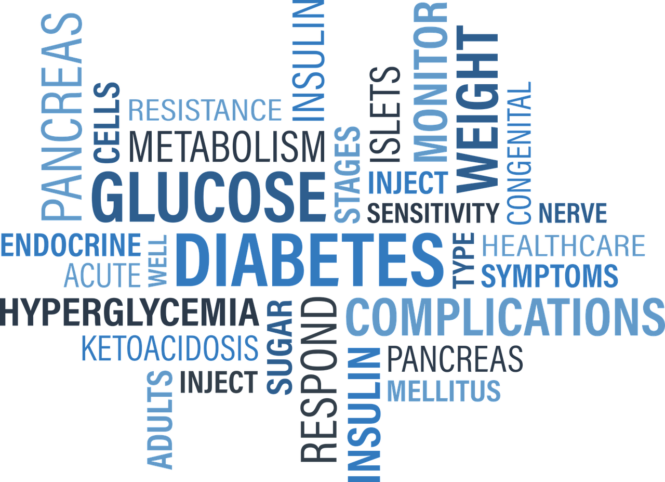The Medical Media Review
-

Ataxia: The Physical Examination
Ataxia is an extremely important clinical sign that has a broad and important differential diagnosis. Causes of ataxia include posterior circulation strokes and various toxic and metabolic insults to the cerebellum (and sometimes to the spinocerebellar tracts). Ataxia can be a very subtle physical finding, especially when you don’t know what to look for or…
-
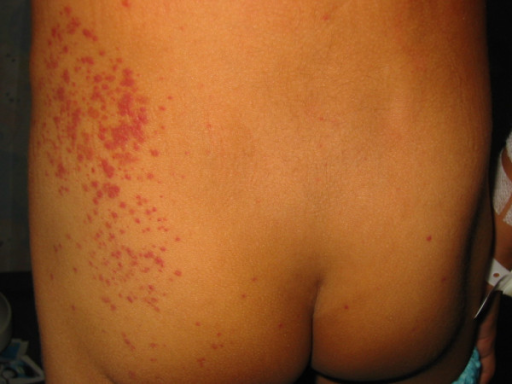
Purpura in Children
The differential diagnosis of purpura in children depends about two considerations: (1) Does the patient look ill? and (2) What is the platelet count? Here’s how it goes: Appearance Platelet Count Causes Sick Low Meningococcemia, Leukemia, DIC, Hemolytic-Uremic Syndrome (HUS) Sick Normal or High (*) Viremia (e.g., EBV), Vasculitis (e.g., Mucocutaneous lymph node syndrome [Kawasaki]) Well Low Immune…
-
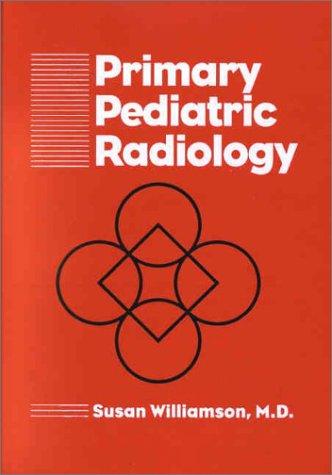
Primary Pediatric Radiology
The formula for writing an exceptionally good radiology book is pretty straightforward: Well-organized chapters based on cardinal clinical scenarios Specific recommendations with regard to when and whom to image (or not to image!) Excellent images and annotations Primary Pediatric Radiology, by Susan Williamson, M.D., delivers on all of these points. It is a clinically oriented book, with…
-
How to Manage Somatic Symptom Disorder in Medical Settings
Introduction Somatic Symptom Disorder (previously known, roughly, as somatization disorder) is a maladaptive and counterproductive focus on physical symptoms or sensations, real or imagined. Patients with somatization disorders are really (and sometimes really, really!) suffering, it’s just that they have non-physical states and comorbidities that are making their symptoms worse. These include psychological determinants (e.g., anxiety, depression), social determinants…
-
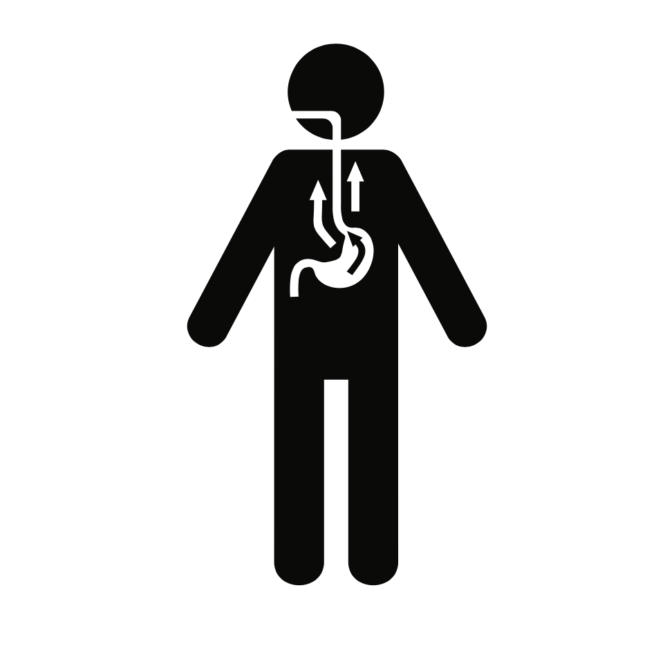
The Clinical Significance of the Various Descriptions of Vomitus
Undigested food → esophageal issue (e.g., pharyngeal pouch or achalasia). Note: this is not really vomiting, but regurgitation, which is much less forceful and does not come from the stomach (and therefore not associated with nausea!) Non-bilious, with partially digested food → Gastric outlet obstruction (e.g., from peptic ulcer disease or malignancy, or from pyloric stenosis) GastroparesisVomiting…
-
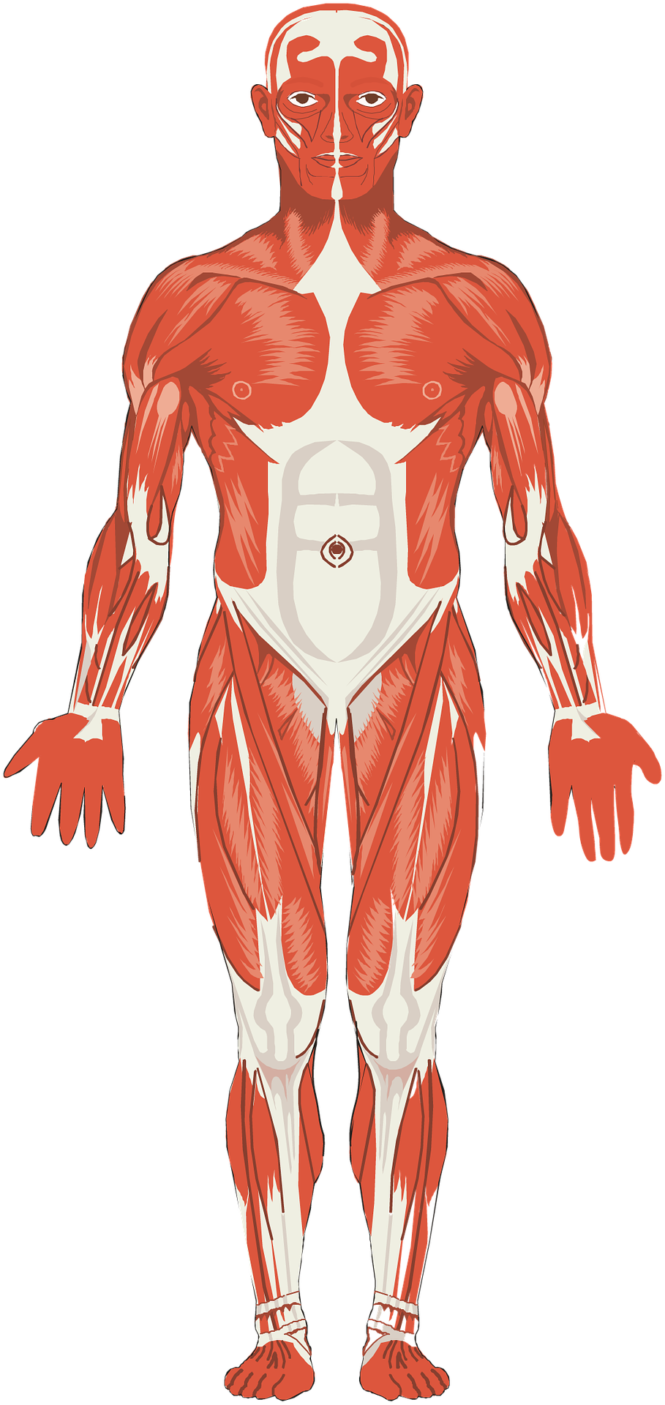
Physical Examination of Muscles in Systemic Disease
How to examine patients and report findings in patients with suspected muscle diseases: Abnormal movements Fasciculation → peripheral nerve injury Tremor Resting → Parkinsonism (with bradykinesia and rigidity) Intention → cerebellar issue → look for additional signs of cerebellar problems (e.g., ataxia) Myoclonus (involuntary purposeless jerks of limbs) → toxic metabolic issues (e.g., hypoxia, uremia,…
Got any book recommendations?
